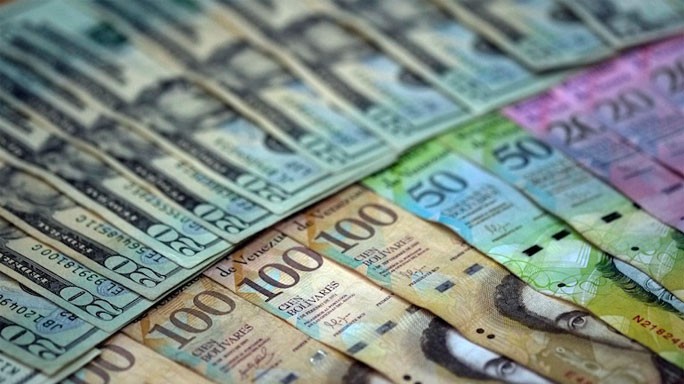
Formerly an agricultural, livestock and commercial economy, Venezuela turned into an oil producing country when in 1917 its first 322 barrels per day of oil were drilled. Our oil industry is split into four stages: the first one, from 1927 to 1939, under the governments of Juan Vicente Gómez and Eleazar López Contreras, with a windfall of USD 2.5 billion; the second stage, from 1948 to 1958, with income of USD 17.03 billion; the third stage, from 1973 to 1984, under the administrations of Carlos Andrés Pérez and Luis Herrera Campins, with revenues over USD 145.000 billion. These three oil booms thickened and intoxicated the Venezuelan economy, leading to a significant devaluation of the local currency and the implementation of the exchange control. The fourth stage goes from 2004 to 2014, under the governments of Hugo Chávez and Nicolás Maduro. Then, an outrageous amount estimated at USD 1.2 trillion entered the country with the oil barrel going from USD 9 to USD 120.
Nowadays, in addition to keeping the oil industry nationalized since 1976, some other companies linked with the oil industry have been nationalized, including petrochemicals, transportation and lake oil constructions. Further, the incentives to Venezuelan companies have been reduced and foreign companies have been favored. Moreover, exchange control makes Venezuelan businesses less competitive.
The experience of the past years shows an unsuccessful state model with a shrinking domestic production, high inflation rates, shortage and high dependence on imports. Nevertheless, we are Venezuelans who believe and love our country, and hope that our leaders will comprehend that the current economic model is unsustainable and must be replaced with productive economy, and controls and subsidies must be removed to augment domestic production.
El Universal





